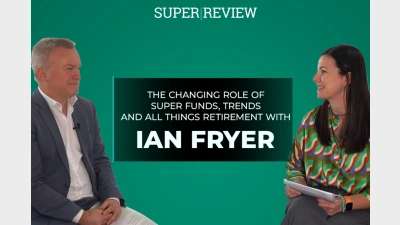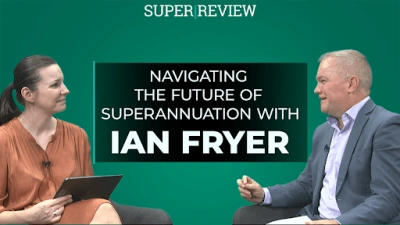AFCA implementation an accident waiting to happen



The complexity and unanswered questions around creating the Australian Financial Complaints Authority should be cause for caution and concern.
Let there be no doubt, the Superannuation Complaints Tribunal (SCT) would have improved its case completion performance if it had been adequately funded.
If one thing became perfectly clear during this month’s public hearings of the Senate Economics Legislation Committee it is that there was nothing wrong with the structure or purpose of the SCT that could not have been addressed with the provision of additional Budget funding and greater internal control of that process.
What also became perfectly clear during those hearings is that, notwithstanding the reassurances of Treasury and Australian Securities and Investments Commission (ASIC) representatives, there is no
guarantee that superannuation complaints will be any better handled under the Government’s proposed Australian Financial Complaints Authority (AFCA).
Indeed, there is much to suggest that the creation of AFCA represents a bureaucratic slow-motion train crash with the Treasury officials confirming that the financial services industry will have to deal with four different external dispute resolution schemes for at least a year after the necessary legislation is passed and that the SCT will still be clearing its workload as late as 2022.
The transitionary arrangements as outlined by the Treasury officials involve more loose ends than a beggar’s blanket with no definitive numbers being available for how the SCT will be funded to complete its work, how a statutory Government authority will be appropriately transitioned into a not for profit company arrangement or precisely how much superannuation funds or other stakeholders will have to pay.
What we do know, however, is that much of the move towards the AFCA was inspired by the views of senior executives within ASIC, and the Financial Ombudsman Service (FOS) which is led by Shane Tregillis who was a long-time executive within ASIC. We also know that staffers within the office of the Minister for Revenue and Financial Services, Kelly O’Dwyer, played a role with the Senate Committee being told it was the minister’s office who inspired calling the one-stop-shop the Australian Financial Complaints Authority.
The man the Government appointed to chair the panel which gave rise to AFCA, Professor Ian Ramsay would undoubtedly have understood the views of ASIC and FOS given that he was a member of the ASIC External Advisory Panel for four years and a consultant to the regulator in 2002. Julie Abramson, another member of the expert panel, also spent time at ASIC while the third member of the panel, Alan Kirkland is the chief executive of consumer group Choice.
A consistent theme of submissions lodged by superannuation funds and other stakeholders was that the Ramsay panel findings appeared to reflect the views of the regulator and the consumer lobby more than it did those of the industry itself. This month’s Senate committee hearings did little to diminish those impressions.
Even putting aside the perception that the creation of AFCA has been driven by bureaucratic vested interests, the underlying legislation and the transitionary arrangements point to undue haste and a dangerous lack of detail around vital transitionary issues. It is in these circumstances the Parliament should be listening to the industry and not the bureaucrats.
Recommended for you
In this Super Review Product Spotlight episode, host Maja Garaca Djurdjevic speaks with Ian Fryer, general manager at Chant West, to discuss the latest developments in superannuation.
In this new Super Review Product Spotlight episode, host Maja Garaca Djurdjevic is joined by Ian Fryer, the general manager at Chant West. Together, they explore Chant West's enduring reputation in the industry and share insights on the imminent changes in the super landscape.
While the last two years have been challenging for the superannuation industry, there is more to come in 2022 and super funds will need to rise up to the challenge.
With 20/20 hindsight, the disengagement which occurred with the introduction of the MySuper regime was a mistake which now needs to be urgently corrected.









